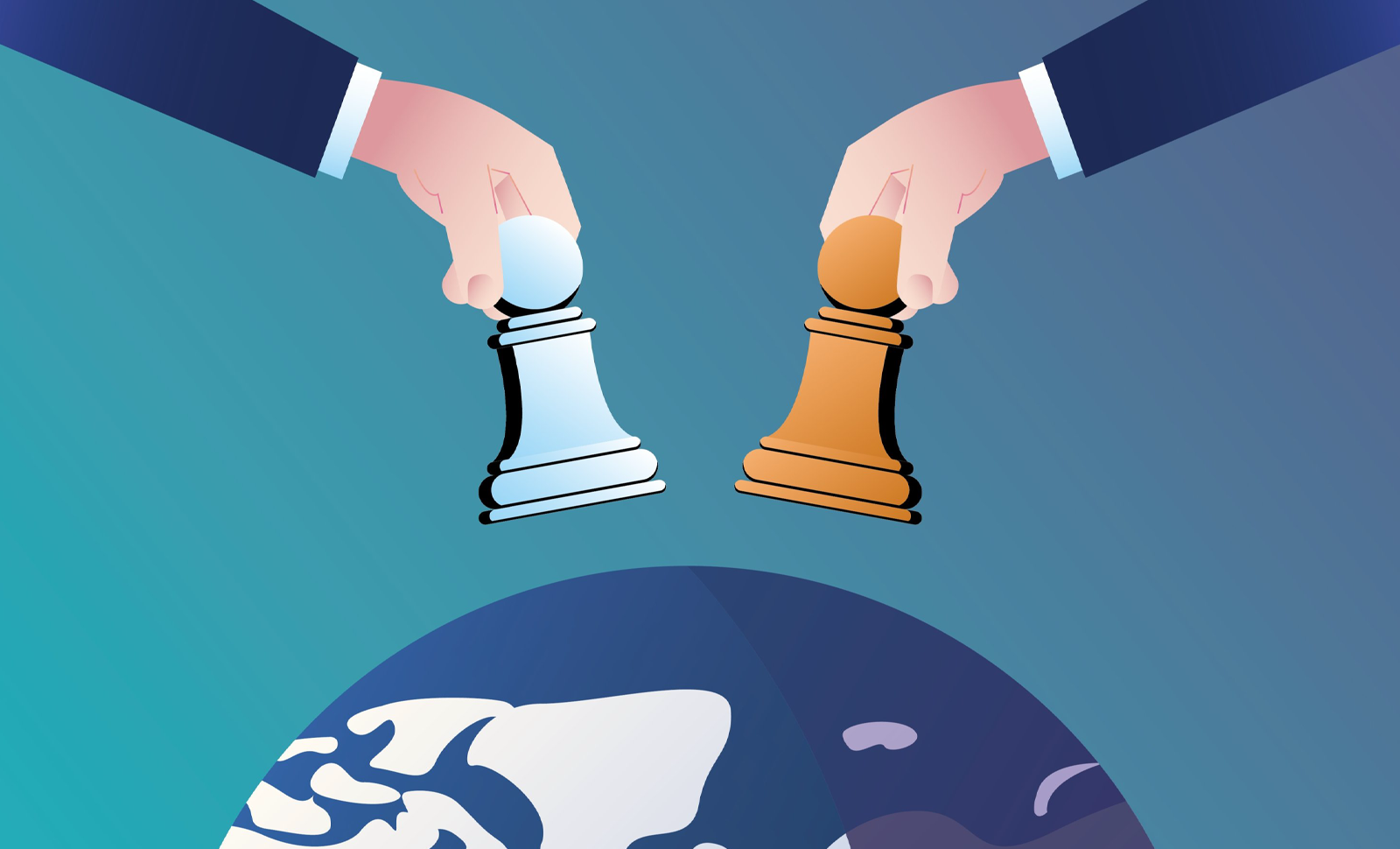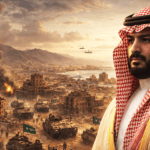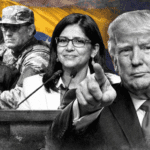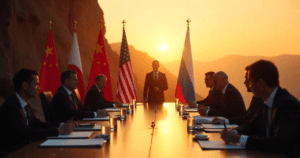In today’s turbulent world, the tension between power politics and human rights is shaping international relations in profound and often troubling ways. Governments across the globe find themselves walking a tightrope; balancing national interests, geopolitical alliances, and economic strategies with the universal principles of justice, freedom, and human dignity. Yet more often than not, human rights are sacrificed at the altar of power, reduced to mere talking points in high-level diplomacy rather than enforced values.
Power politics, or realpolitik, centers around pursuing national interests through strategic leverage; military, economic, or diplomatic regardless of moral or legal consequences. In contrast, human rights are based on international norms and laws meant to protect individuals from abuse, discrimination, and violence. The clash between these two frameworks becomes evident when states act in ways that violate rights but justify their actions as necessary for security or influence. As Nobel Laureate Dr. Amartya Sen aptly noted, “Human rights are not only about law but about politics; politics that must resist the temptation to look away when power is at play.”
One of the starkest examples is the ongoing Israeli-Palestinian conflict, where Israeli airstrikes and Hamas rocket attacks have led to massive civilian casualties. While human rights organizations condemn these acts, powerful allies of Israel like the United States often justify their continued military aid on the grounds of strategic partnership and shared regional interests. Despite repeated UN reports documenting possible war crimes, diplomatic alliances often take precedence over human rights enforcement.
A similar pattern emerges in Russia’s war against Ukraine. The Kremlin frames its aggression as necessary for geopolitical defense and national survival, yet the war has left thousands dead and millions displaced. Western nations have largely united in supporting Ukraine, framing their stance as a defense of democracy. However, critics point out the double standard: the West’s rapid response to Ukraine contrasts with its delayed or muted reactions to crises in Yemen, Syria, or Sudan, where similar humanitarian catastrophes receive less attention and aid.
China’s treatment of its Uyghur Muslim population in Xinjiang offers another glaring example. Despite substantial evidence of forced labor, internment camps, and cultural suppression, many major economies tread cautiously. China’s status as a global economic powerhouse means that trade, investment, and diplomatic relations often outweigh the political will to impose sanctions or take strong stances. Human rights, in this context, are frequently reduced to symbolic statements lacking enforcement.
In Sudan, the ongoing civil war between rival military factions has resulted in ethnic cleansing, sexual violence, and famine, particularly in the Darfur region. The international community has issued condemnations, yet little action has followed. The UN’s limited capacity to intervene, along with the African Union’s lack of enforcement power, demonstrates the global system’s failure to uphold rights when they clash with sovereignty or geopolitical disinterest.
What makes these contradictions more troubling is the apparent selectivity of the world’s so-called human rights champions. The United States and European powers often criticize regimes like Iran or Venezuela while continuing arms deals and economic cooperation with countries like Saudi Arabia, despite its dismal record on press freedom and civil liberties. Kenneth Roth, former executive director of Human Rights Watch, once stated, “Human rights must not be conditional on geopolitical convenience”, a message that resonates now more than ever.
Strategic silence is also a growing trend among emerging powers. Countries like India and Brazil often refrain from speaking out against human rights abuses, fearing damage to their international relations or economic interests. This neutrality, while politically safe, often reinforces the idea that human rights are expendable in the face of larger strategic goals.
Despite government inaction, civil society, international watchdogs, and journalists continue to play a vital role in exposing violations and advocating for change. While the International Criminal Court lacks real enforcement powers, its indictments, along with pressure from NGOs like Amnesty International, can keep the spotlight on abuses. Grassroots movements and global protests from pro-democracy demonstrations in Hong Kong to the women-led uprisings in Iran reflect a growing global demand for accountability.
The ongoing collision between power politics and human rights presents one of the greatest moral challenges of our time. In a world where economic dependencies and strategic alliances increasingly shape foreign policy, the principles of justice and human dignity are often pushed to the sidelines. If global leaders are serious about building a more peaceful, equitable world, they must recognize that protecting human rights is not an option, it is an obligation.














